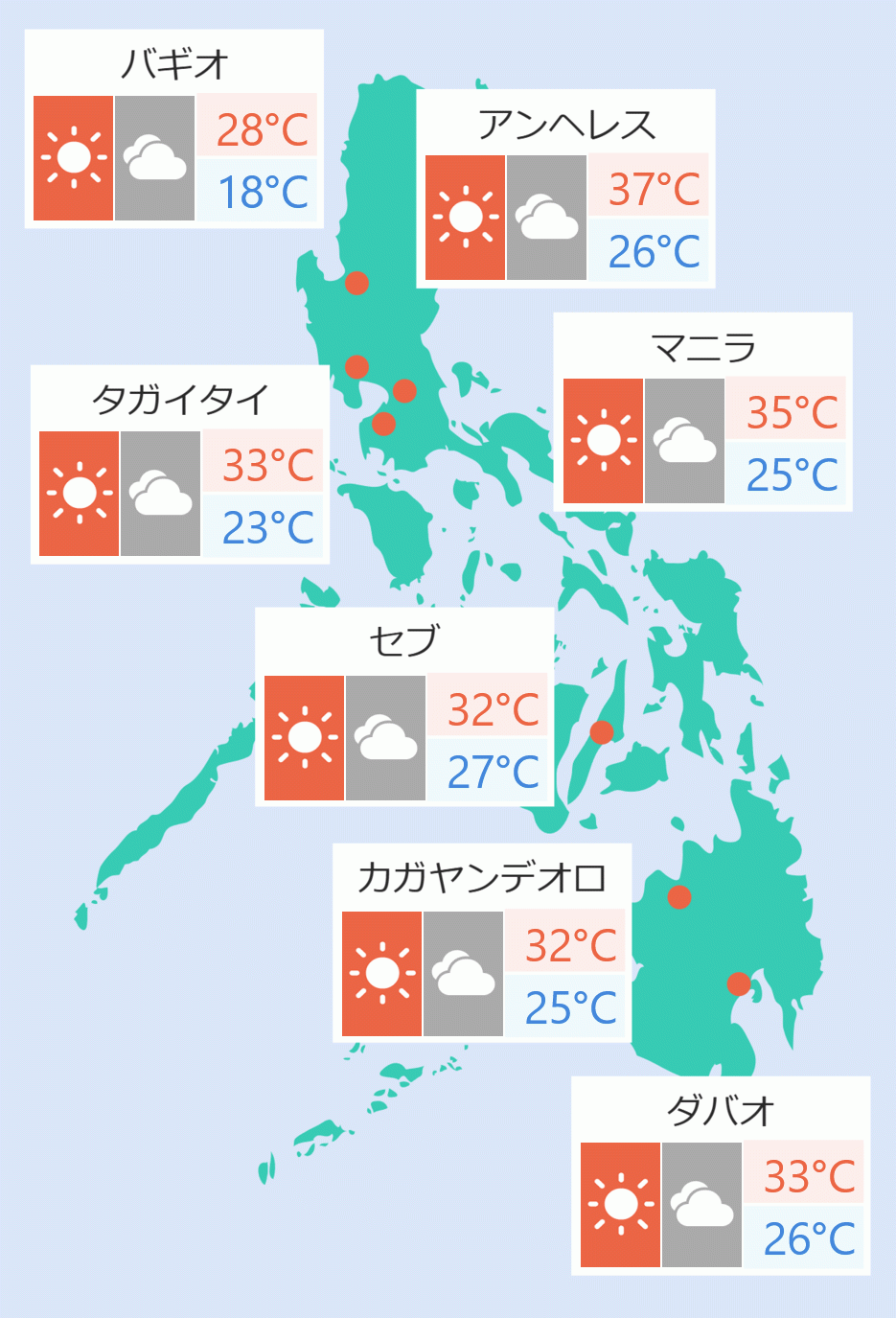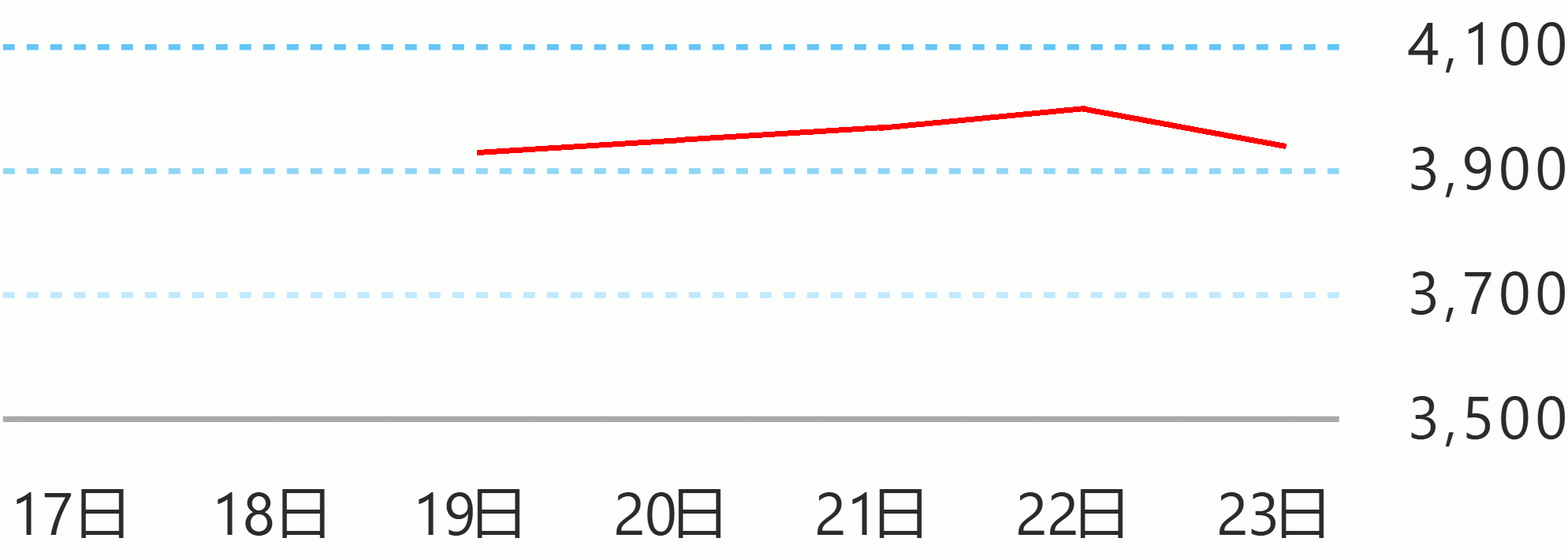Roger Raymundo,41 came to Japan at the age of 27 and worked at a factory in the Kanto region, and now works for the NPO KAFIN Migrant Center, based in Saitama Prefecture, supporting Filipinos living in Japan. What kind of labor problems and exploitation does foreign workers face while working in Japan? We interviewed him.
He was born in the province of Isabela in the Luzon region as the second son of six children. When he was four years old, his home was destroyed by a typhoon, and his family moved to Angeles City, Pampanga, where his mother's family lived. His father worked as a tricycle cab and truck driver, and his mother worked at a restaurant to make ends meet. Raymundo also worked part-time at a restaurant to help support his family's finances since he was in high school. He studied mechanical engineering at university, but dropped out because he got married and had a child while he was still in school. He started working at a Japanese company's factory in the Clark Special Economic Zone. When his life settled down, he went back to the university. When he worked for about two years he decided to work in Japan. The background to this was his family's “connection with Japan.”
▽Japanese great-grandfather killed by anti-Japanese guerrillas
Raymundo's great-grandfather was a Japanese man from Kumamoto. He moved to the Philippines as an engineer for the Japanese army and married a woman he met in Isabela province. However, during the War, he was executed in the mountains of the same province by the anti-Japanese guerrilla Hukbalahap, who accused him of being a spy.
“In Isabela, there were many victims and victims of atrocities committed by the Japanese military, so there was a strong antipathy towards Japanese people and their families. Hukbalahap also went around looking for Japanese families to kill them, so the families used Filipino family name and hid their identity.”
After the Immigration Control Act was revised in 1990, many Japanese-Filipino from the Philippines started going to Japan to work. Raymundo's grandmother also testified about her memories of that time, and because she had all the necessary documents, her children and grandchildren were able to immigrate to Japan as Japanese-Filipino after going through the necessary procedures. Several relatives still live in Japan. Raymundo's parents also moved to Chiba and started working at a seafood processing factory. Raymundo also came to Japan after his parents moved. After working together at the factory where his parents work, he got involved with KAFIN where they have set-up a non-profit organization helping foreign migrants, his wife and children moved in as well.
▽Situation of foreign workers…Experience at the factory
Immediately after arriving in Japan, he had a good impression of Japan. He was able to earn more money than what he would have earned working at a factory in the Philippines, and the seaside town of Chiba had a relaxing atmosphere. However, the more he learned about Japan's working environment standards, the more he began to notice the unreasonable treatment that foreign workers were subjected to.
“Foreign workers were paid much lower wages than Japanese workers just because they are foreigners. The factory we worked in had lower wages than other factories in the same industry, and there were no social insurance or paid leaves. Such things often happen at small and medium-sized businesses in local areas. Violations of the Labor Standards Act result in vulnerable people being forced to work in harsh working conditions at the discretion of management."
Raymundo reached out to the company and tried to encourage other foreign workers to speak up, but he was unable to gain support as everyone was focused on protecting their lives and their families. As a result, Raymundo changed jobs and started working at a major convenience store factory. There, foreign workers were treated relatively better as the Japanese workers, and they gave social securities also.
However, Raymundo's parents continue to work at the same factory. Although the working environment was poor, it was difficult for her parents, who were aging, to change jobs, and it was difficult for them to leave the factory and area where they had worked for more than 10 years.
▽For the power of the Filipino people who are in trouble
His own experience at a factory led him to become interested in labor issues faced by foreigners. he came across KAFIN's activities to support Filipino women living in Japan and began getting involved. KAFIN is an organization founded in 1998 by Agalyn Nagase, who married a Japanese man and came to Japan, and has supported Filipino women and single mothers who are victims of domestic violence at the hands of their Japanese spouses. At the same time, women were also facing problems with discrimination and working conditions in the workplace, and around 2012, Raymundo began consulting with them regarding labor issues. He learned about Japan's labor standards laws and regulations, and faced the problems faced by the people who constantly visited her.
“People who come for counseling are victims of power harassment and sexual harassment on a daily basis, and I feel that at the root of this is a feeling of looking down on foreign workers and discriminatory feelings. Technical Intern Trainees are being exploited by not paying the minimum wage, and I feel there are structural problems as well.''
According to the Ministry of Foreign Affairs, there are about 298,000 Filipinos living in Japan (as of the end of 2022). Of these, two-thirds are women. There are many victims of physical, economic, and psychological violence at the hands of their Japanese spouses, and economic issues also arise during separation and divorce, as well as workplace exploitation that takes advantage of women's vulnerable position. There are also labor issues. Since many people are unaware of the various types of damage they are experiencing, KAFIN holds seminars and workshops in addition to counseling sessions to encourage people to "Know your rights."
KAFIN 's goal, including Raymundo, is to reduce the number of Filipinos and foreigners who are victims of exploitation and violence at work and at home. KAFIN face person who comes to seek help.





 English
English










